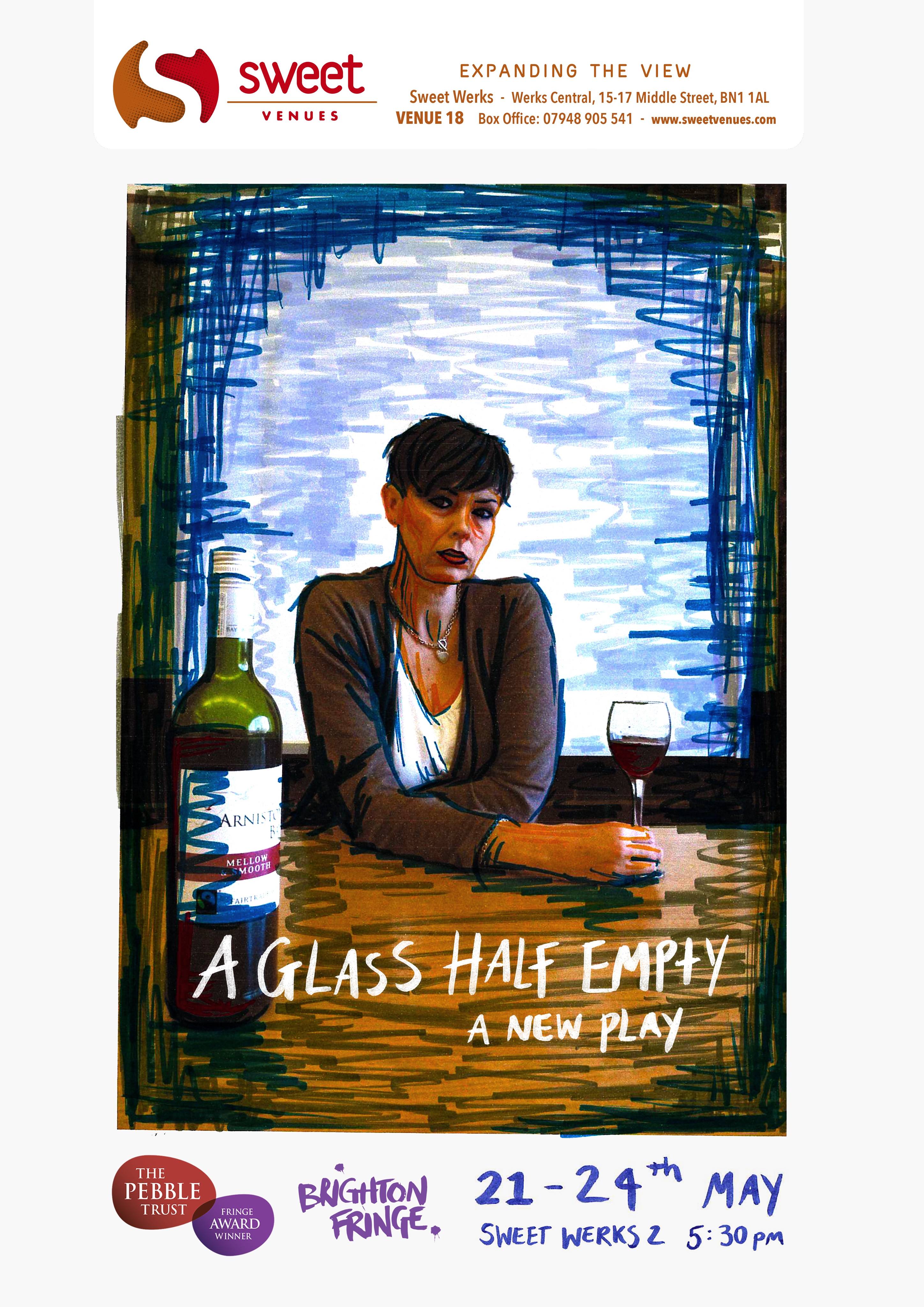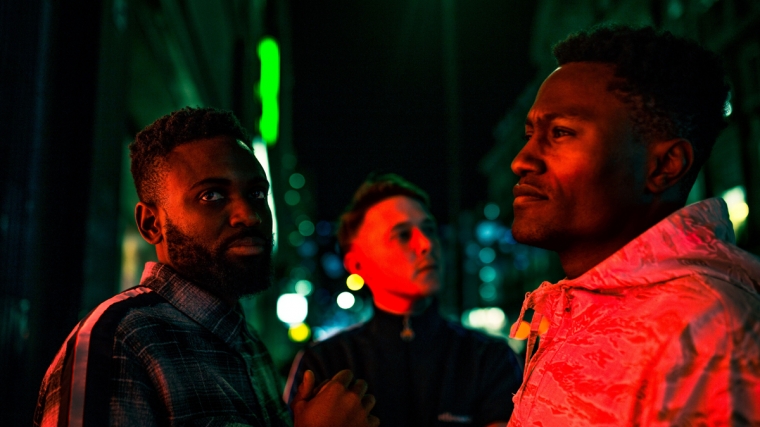For those of us coming to the end of another year of university study, the prospect of careers, marriages and babies may seem a long way off. It comes as something of a surprise perhaps to hear that this production about two forty-somethings reunited at a time of crisis comes from the mind of young Sussex finalist Sophie Pester. Having been performed with SUDS (Sussex University Drama Society) in the autumn, Pester brought her original stage show to Brighton Fringe’s Sweet Works last week, attracting a jam-packed audience of all ages and dispositions.
Sophisticated in its simplicity, the one-act allows the two women at its core to flourish on stage. Tabitha Wild’s Angela is a wild child grown too big for her stilettos. Savvy, sexy and fiercely independent, she takes pride in having never succumbed to the drudgery of marriage and children, but a feeling of unfulfillment lingers as she reflects on the fantastical adventures she dreamt up for herself in her youth. Wild projects an effortless coolness, sprawled in her living room chair, lapping up her red wine, but beneath there’s a sense of unease, a need to fidget, to correct her hair, to constantly assert herself by taking up space. She charms with her quick wit and chaotic energy, but we are equally transfixed by her agitation – there’s an anxiety and frustration there that seems begging to be released.
Childhood friend Bea, portrayed by Tracy Forsythe, is the cheese to Angela’s cool and forthright chalk. A humble cheddar perhaps, as she distinctly remembers identifying herself in primary school with the comfort and plainness of a soft, woolly jumper in contrast to her classmates’ proclamations of motorbikes and the Eiffel Tower. Trapped in a tedious long term relationship, Bea’s timid nature and neurotic insistence on stability makes it easy for her to become overshadowed by the energy of her companion, but Forsythe does a good job of holding her ground, and carving out the intricacies of the equally complex character, in her own way.
Brought together after years of separation and equally perplexed by the others’ alien lifestyle, the two women are united – although they don’t know it – by a kind of frustration. When the whimsical imaginings of their adolescent selves are hauled into the banality of the “real world,” they each face a resounding discontentment with what their opposite outlooks have achieved. Where is Bea’s happy marriage and beautiful children? How can Angela maintain her lust for fun and spontaneity as her friends sink into their suffocatingly normal home lives and her good looks eventually begin to fade? After all their ambitions and efforts, A Glass Half Empty asks “is this really it?”
As writer-director Sophie Pester explained to me in our interview last month (link), much of what is important about Angela’s and Bea’s reunion is in what remains unsaid. The performance navigates this by allowing the two women poetic and often hilarious soliloquies, strewn amidst their ludicrous small talk, revealing the duplicity so often at play in our social interactions. Transgressing from streams of consciousness to dwelling on childhood memories and obsessive confessional list-making, these interlude delve further into surrealism; a kind of ritualistic dance allows the two women to explore the powers and constraints of their own bodies in a way words fail to express.
A Glass Half Empty may be about the pressures of mid-adulthood – womanhood in particular – but it explores the fears, desires, loves and losses that permeate all of our lives. Most importantly, it asserts the importance of friendship and begs that our lives be not mere accumulations of work and play, duty and pleasure – with that alone the glass will always remain half empty.
Featured Image: Sophie Pester





